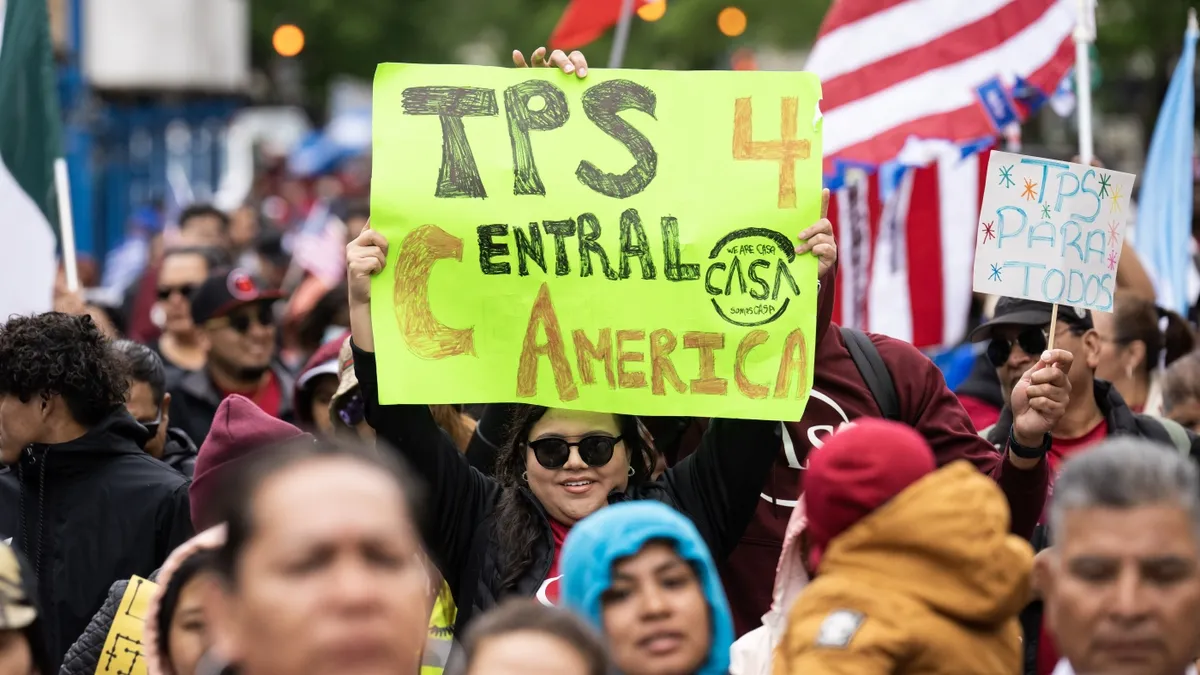
The Trump administration has made a significant decision to terminate Temporary Protected Status (TPS) for tens of thousands of migrants from Honduras and Nicaragua. This move comes as part of a broader strategy aimed at limiting legal protections for various categories of migrants, including those with temporary status and individuals seeking asylum. The administration claims that conditions in both Central American nations have improved sufficiently, warranting the cessation of these protections.
Temporary Protected Status is a federal program that provides crucial protections for individuals from certain countries affected by conflict, natural disasters, or extraordinary conditions. TPS allows beneficiaries to live and work in the United States without the fear of deportation. Honduras and Nicaragua were first granted TPS in 1999 following the devastating impact of Hurricane Mitch, which struck Central America in 1998, resulting in over 10,000 fatalities and widespread destruction.
During President Trump's first term, protections for migrants from Honduras and Nicaragua were revoked. However, the Biden administration later reinstated TPS for these countries, allowing approximately 4,000 Nicaraguans and 72,000 Hondurans to continue their stay in the U.S. under the program. Recently, the Department of Homeland Security (DHS) announced that Secretary Kristi Noem reviewed the current conditions in both countries and concluded that the recovery from Hurricane Mitch is adequate for TPS recipients to return safely.
The termination of TPS for Honduras and Nicaragua is set to take effect in September. According to DHS, the Secretary of Homeland Security has the authority to grant TPS to immigrants from specific countries when conditions temporarily prevent safe returns or when the country cannot manage the return of its nationals properly. Secretary Noem emphasized in a press release that TPS was intended to be a temporary measure, justifying the decision to end protections for migrants from these nations.
Honduras and Nicaragua are not the only countries facing the loss of TPS designation. The Trump administration has also aimed to end protections for TPS holders from other nations, including Afghanistan, Cameroon, Nepal, Haiti, and Venezuela. Efforts to revoke TPS have encountered legal challenges. For instance, a federal judge in San Francisco paused the administration's plan to terminate TPS for Venezuelans, but the Supreme Court later intervened, halting that decision. Moreover, a federal judge in New York recently blocked attempts to end TPS for Haitians, labeling the move as unlawful.
In its announcement, DHS encouraged individuals from Honduras and Nicaragua to consider self-deportation through the Customs and Border Protection program. This directive raises concerns about the safety and well-being of many TPS recipients who may now face uncertain futures as they prepare to return to countries still grappling with the aftermath of past disasters.